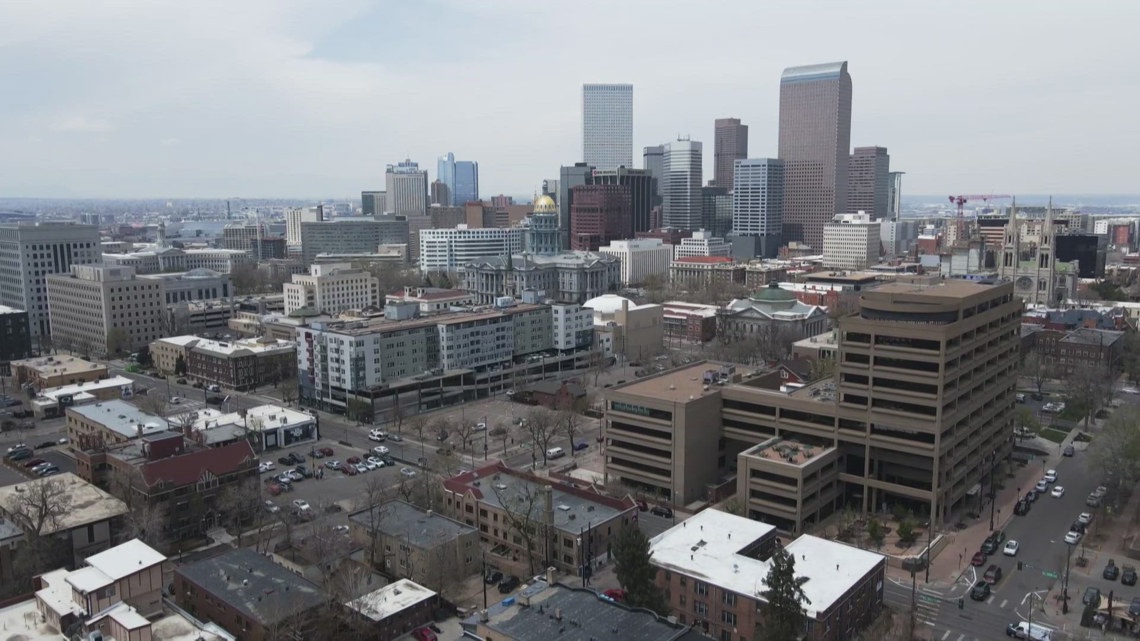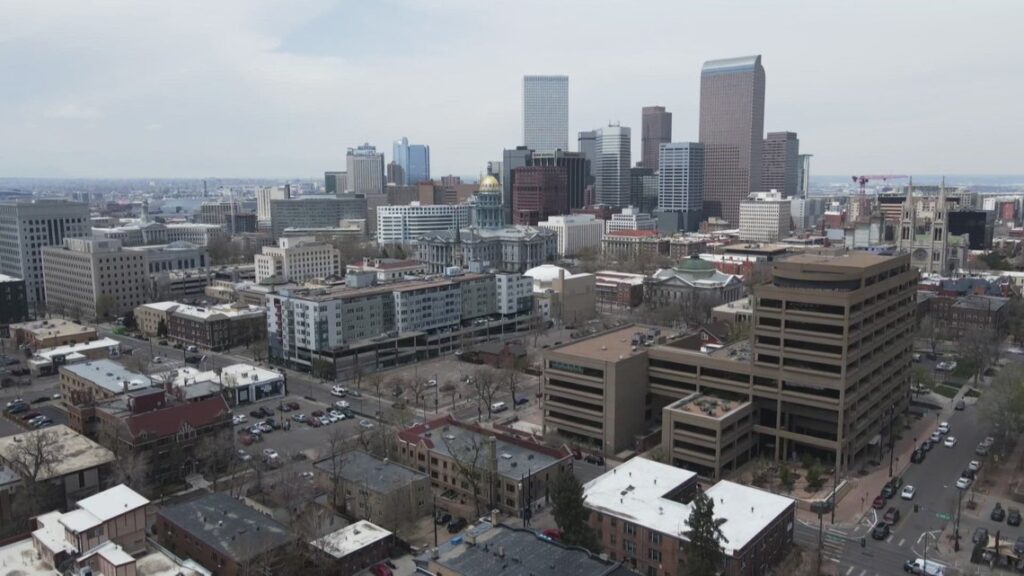
Dozens of organizations applied. The need was so great, not everyone was selected.
DENVER — Colorado is expected to receive $787 million from an opioid crisis settlement stemming from lawsuits against drug manufacturers and distributors. On Monday, Attorney General Phil Weiser announced who will get more than $8 million of that funding in new grants.
Over 18 years, 10% of the funds, or $81.9 million, will be distributed to programs making a difference statewide. The other 90% of funds will be distributed locally to regions, local governments and infrastructure improvements that address the opioid crisis.
Nineteen organizations were awarded grants, and five jails received $50,000 each for providing medications for opioid use disorder and ensuring individuals have support in the community after release.
The attorney general’s office began accepting applications in January and received 83 applications totaling nearly $48 million in funding requests. The Colorado Department of Law had $8.25 million to distribute.
“This means this crisis is causing more deaths than we’re losing to car crashes and to gun violence combined,” Weiser said.
A drug overdose crisis is impacting thousands of families in Colorado. Weiser hopes his announcement Monday will save families from that pain.
“We can help people who are living in recovery. We can raise better awareness,” he said. “We also need a lot more treatment and recovery services so that people who are starting with addiction can get help. We need to support those who’ve been touched by this crisis, including families who may have lost loved ones.”
Colorado Coalition For The Homeless was one of the lucky organizations selected to receive funding. The group’s Family Opioid Impact Project will get $300,000 to provide peer recovery support to families struggling with substance use.
“We know that when an individual in a family situation is suffering from a substance use disorder, it’s disruptive to the entire family,” said Cathy Alderman, Chief Communications and Public Policy Officer for Colorado Coalition For The Homeless. “They have somebody who has had a very similar experience to them, working with them, who can help them.”
This effort comes at a time when the number of Coloradans dying of a drug overdose has grown. According to data from the Colorado Department of Public Health & Environment, 974 people died in 2018. The number nearly doubled by 2023, when, the department said, 1,865 people lost their lives.
“We are in a deep hole right now because of how many people we’re losing, and it’s going to take a while to get out of that hole,” Weiser said.
Colorado’s program that gives out thousands of doses of naloxone, a lifesaving drug, is running out of money. The state is prioritizing who gets naloxone and who doesn’t. Weiser said he’s now working with state partners to make sure the program is funded and continues.









More Stories
How you can help the Red Cross after Hurricane Helene
Jimmy Carter at 100: A century of changes for a president, the US and the world since 1924
Denver has its warmest September ever. Is fall-like relief on the way?